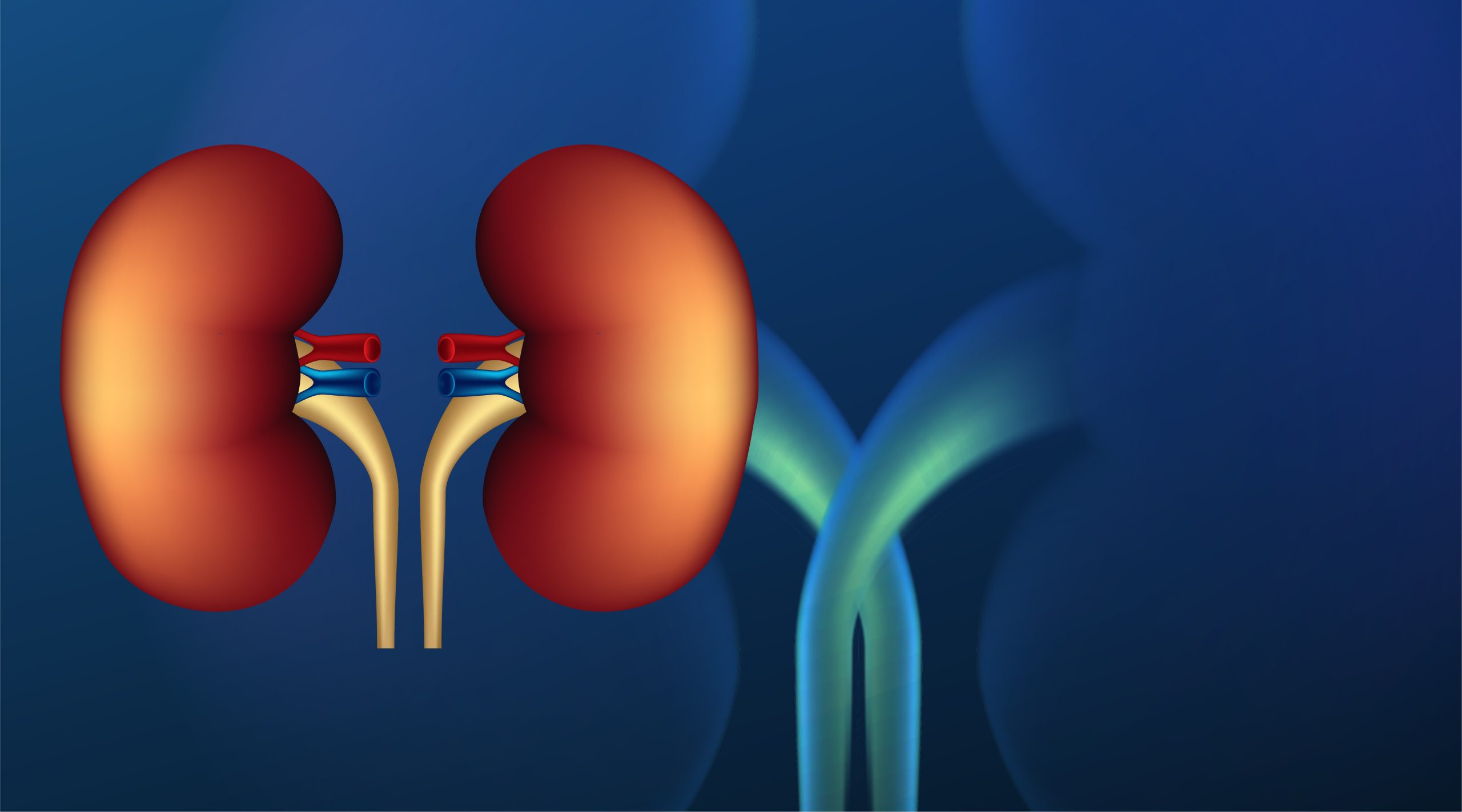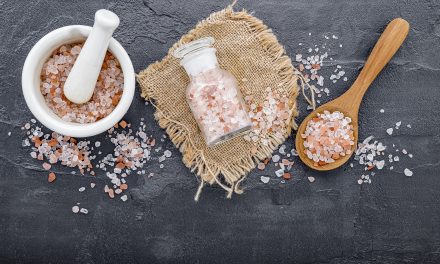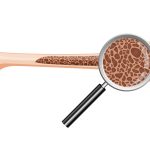Eat smart, stay healthy: diet tips for happy kidneys
How much time a day do you spend thinking about your kidneys? Most of us aren’t really concerned about these small organs. Yet, your kidneys are vital players in your body’s processes. It’s worth taking the time to understand more about them, and how your diet can help your kidneys perform at their best.
Quick Read:
- Your kidneys are powerhouses, but they aren’t invincible. When there’s excess sodium in your body, the kidneys struggle to work efficiently.
- Having a pre-existing condition, like high blood pressure or diabetes, can increase your risk for developing kidney disease.
Getting to know your kidneys
Your kidneys are about the size of your fists, and they are certainly capable of packing a punch. If you could peek into your body, you would find your kidneys at the the bottom of your rib cage (on either side of your spine).
So, what do they actually do? A lot of work, in fact! This includes:
- Filtering waste products, water, and impurities from your blood – later expelled in your urine.
- Regulating levels of pH, salt, and potassium in the body.
- Producing hormones that help regulate blood pressure.
- Using a form of Vitamin D to help your body absorb calcium (necessary for healthy bones).
So, it’s important to keep these little health helpers in prime condition. Kidney problems can result in kidney disease and this condition can eventually lead to a heart attack or stroke, anaemia, heart disease, and hypertension – amongst other health complications.
All your organs need to work together to remain healthy and keep your body functioning. With this in mind, if you have a history of certain health conditions, you may be at risk for kidney disease. These conditions include diabetes, high blood pressure, heart disease, and obesity.
Keeping your kidneys healthy
First, it’s important to know the symptoms of kidney problems. Some of the most common indicators are:
- Increased thirst
- Constant fatigue and weakness
- Pain while urinating
- Pink, dark urine (blood in urine)
- Constant need to urinate (especially at night)
- Swollen hands, stomach, ankles, feet
- Puffy eyes

A good diet can have a positive effect on kidney health
Take the first step to ensuring your kidneys are healthy by looking at your diet. Good nutrition is a cornerstone of a healthy body and mind. If you are overweight or obese, get advice from a doctor about a weight loss solution and make a concerted effort to get to a healthier weight.
Speaking of your diet, excess salt is the enemy to your kidneys and contributes to high blood pressure. Be mindful of the amount of salt you’re taking in; read food labels and you’ll be surprised at how much hidden sodium lurks in everyday foods. Cut down drastically and rather flavour your food with herbs and spices.
Some vitamins and supplements can negatively impact your kidneys. Even if you are taking them with good intentions for your health, it is possible to overdose on vitamins. Always clear it with your doctor before starting a new supplement.
Let’s talk about smoking. Smoking affects your kidneys as the toxins damage blood vessels, cutting off the flow of blood. Without adequate blood flow, your kidneys can’t function properly. If you are a smoker, do your best to quit.
And, finally, keep up with your annual health checks (like blood pressure tests). These are vital to catch any potential issues in good time – and treat the condition. If you suspect a problem with your kidneys, speak to your doctor or go to a clinic for blood and urine tests.
Images: Freepik





















